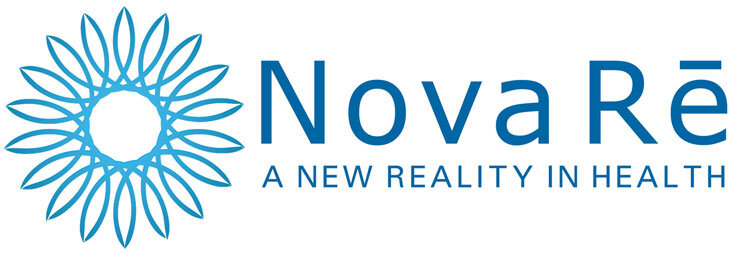Autism Spectrum
Autism and gastrointestinal symptoms
Over the past decade, a significant upswing in research has occurred to examine the biologic basis of autism. Recent clinical studies have revealed a high prevalence of gastrointestinal symptoms, inflammation, and dysfunction in children with autism. Mild to moderate degrees of inflammation were found in both the upper and lower intestinal tract. In addition, decreased sulfation capacity of the liver, pathologic intestinal permeability, increased secretory response to intravenous secretin injection, and decreased digestive enzyme activities were reported in many children with autism. Treatment of digestive problems appears to have positive effects on autistic behavior. These new observations represent only a piece of the unsolved autism “puzzle” and sshould stimulate more research into the brain–gut connection
A Randomized, Placebo - controlled Trial of Digestive Enzymes in Children with Autism Spectrum-Disorders Saad, Eltayeb et al
https://www.ncbi.nlm.nih.gov/pubmed/26243847
The ASD group receiving digestive enzyme therapy for 3 months had significant improvement in emotional response, general impression autistic score, general behavior and gastrointestinal
symptoms. Our study demonstrated the usefulness of digestive enzyme in our population of ASD patients.
Digestive enzymes are inexpensive, readily available, have an excellent safety profile, and have mildly beneficial effects in ASD patients. Depending on the parameter measured in our study, we propose digestive enzymes for managing symptoms of ASD.
The role of probiotics in children with autism spectrum disorder: A prospective open label study. SY Shaaban et al.
https://www.ncbi.nlm.nih.gov/pubmed/28686541
We concluded that probiotics have beneficial effects on both behavioral and GI manifestations of ASD. Probiotics (a non-pharmacological and relatively risk-free option) could be recommended for children with ASD as an adjuvant therapy.
Nova Rē’s nutritional and digestive supplements follow rigorous quality assurance standards including 3rd party testing of each batch in a GMP.
We will continue to add research so check back regularly.

